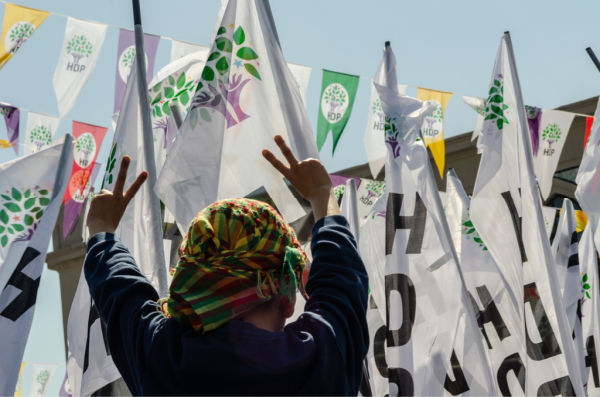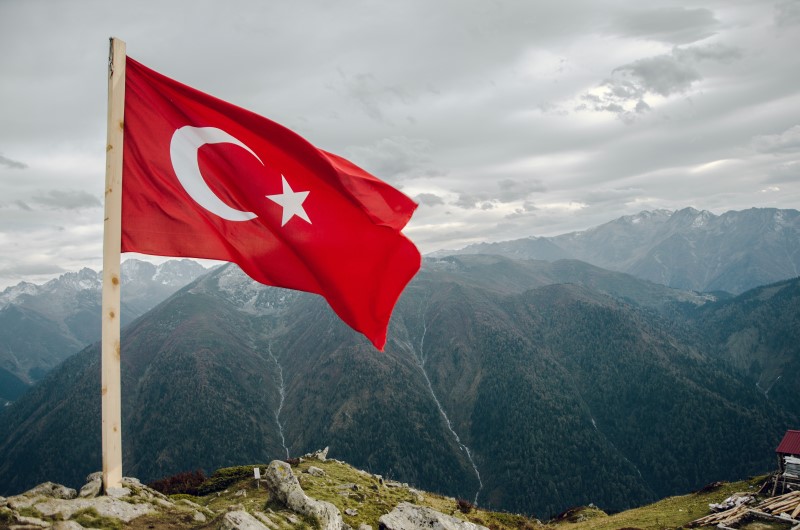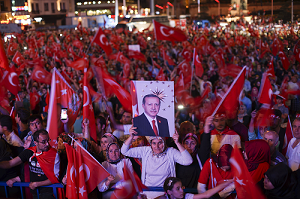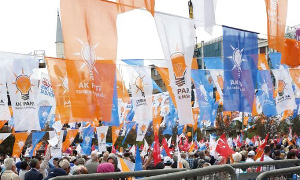Demirtaş, the HDP and the Kurdish political movement’s struggle for relevance
By Gareth Jenkins
October 27, 2022
Turkey’s Kurds have the potential to play a key role in Turkey’s forthcoming presidential and parliamentary elections, which are due to be held in June 2023 at the latest. Their votes could be critical to Recep Tayyip Erdoğan’s hopes of securing a third term as president and are likely to determine whether the alliance between his Justice and Development Party (AKP) and the Nationalist Action Party (MHP) retains its parliamentary majority. But, with most of its leaders in prison or facing prosecution, its members expelled from virtually all of the local authorities they won in the last local elections and its main political party, the Peoples’ Democratic Party (HDP), facing closure by the Constitutional Court, the Kurdish political movement faces a major challenge in persuading its supporters of the relevance of casting their votes. The 2023 elections could be decided not so much by who Kurds vote for but how many go to the polls.

In the Grip of the State: Can Turkey’s Democrats Surmount State Nationalism?
By Oya Baydar
February 1, 2021
Turkey is evolving from authoritarianism to fascism under the tutelage of the far-right leader Devlet Bahçeli, to whom President Recep Tayyip Erdoğan defers to stay in power. Turkish and international observers have until recently failed to take the full measure of Bahçeli’s importance, treating him as the “junior partner” of Erdoğan, overlooking that Bahçeli is the political front-figure of the state establishment and that he gives voice to the die-hard nationalist, militarist-expansionist mentality that is deeply entrenched in the Turkish state. Meanwhile, the opposition does not offer a democratic counter-force as it too remains wedded to statist nationalism. Yet, faced with the imminent threat of fascism, the parties of the Turkish opposition must sooner or later recognize that it will be their turn next and that the western parts of Turkey cannot and will not remain democratic when the eastern, Kurdish part of the country is under the rule of dictatorship.

The Turkish Referendum that Was Not
by Halil Gürhanlı
April 28, 2017
There was, arguably, hardly any point in Turkey’s April 16 referendum. Despite all the hype within the “yes” and “no” camps, both of which considered it as the most important vote ever to be cast in the country’s history, the referendum was never going to yield any major change in practical terms regardless of its result. However, the regime needed a seal of approval, without which it would have been impossible to keep acting as if it has even minimal democratic legitimacy. The referendum also served to further polarize and consolidate the bipolar hegemony in Turkish politics around the figure of President Erdoğan.

Turkey Today: A Democracy without Opposition
By Burak Bilgehan Özpek
February 28, 2017
The AKP regime has from the very beginning of its rule successfully deployed the tactic of defaming and delegitimizing opposition. But the tactic has ultimately been successful because those who have successively been targeted by the AKP – seculars, liberals, the left, Kurds – have also held each other’s demands or opposition to be illegitimate. Turkey’s democracy is thus crippled not only because the opposition has been defamed and even criminalized all along since the beginning of the AKP regime. It is the divisions in society that make authoritarianism possible.

Is the Kemalist Project to Blame for Turkey’s Failed Democracy?
By Toni Alaranta
February 17, 2017
It has become a commonplace to argue that Kemalism was a Turkish variant of right-wing nationalism with strong corporatist leanings and even fascist aspects. This is often compounded with the assertion that the Kemalist secularist state elite only sought to secure its own power and status in society, and that it only paid lip-service to Enlightenment ideals. It is pertinent to ask why the Kemalists would have embarked on a hugely unpopular project of culture revolution that threatened their hold on power by provoking a popular reaction, if they only sought to establish a right-wing dictatorship. The right-wing authoritarianism from which Turkey has suffered during most of its history has other sources.







